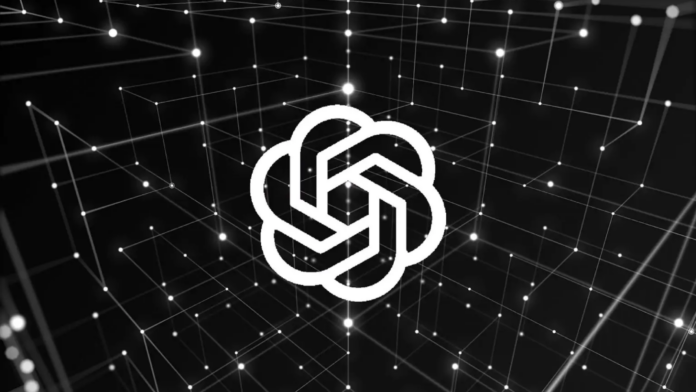OpenAI is ushering in a new era of artificial intelligence with the expansion of its Custom Model program, offering a tailored approach to generative AI that promises to transform how enterprises leverage technology for their unique needs. This initiative marks a significant leap forward, providing organizations the tools to forge models that resonate with their specific domains, applications, and challenges.
Launched at OpenAI’s DevDay, the Custom Model initiative has rapidly evolved from its inception. Originally designed as a collaborative endeavor between businesses and OpenAI’s expert researchers, the program aimed to fine-tune generative AI models to unprecedented levels of specificity and efficiency. The engagement from a diverse range of industries has been nothing short of remarkable, with numerous enterprises already reaping the benefits of this personalized AI training.
Recognizing the evolving demands of these pioneering users, OpenAI has introduced assisted fine-tuning and entirely custom-trained models to its suite of services. Assisted fine-tuning goes beyond traditional model refinement, employing advanced techniques to significantly enhance performance on specialized tasks. This includes a comprehensive setup of data training pipelines and evaluation systems, ensuring that models not only meet but exceed the expectations set for them.
On the flip side, the custom-trained models represent a deeper dive into personalization. These are crafted from the ground up, utilizing OpenAI’s foundational models and state-of-the-art tools. They’re ideal for entities seeking to inject their AI applications with domain-specific knowledge or achieve a more profound level of model optimization.
OpenAI’s collaborations span across sectors, highlighting the program’s versatility. From improving telecom conversation quality with SK Telecom to revolutionizing legal research tools alongside Harvey, these partnerships underscore the potential of custom AI models. Such models not only cater to the unique linguistic and domain-specific requirements but also pave the way for innovations that were previously unattainable.
This initiative is not just about pushing the boundaries of AI; it’s about democratizing access to technology that can drive significant, specific impact across industries. OpenAI posits that the future will see a surge in organizations adopting custom models, tailored to their distinct industry landscapes and operational needs.
As OpenAI edges closer to an impressive revenue milestone, the pressure is on to continue innovating while scaling its operations. The partnership with Microsoft on a new data center is just a glimpse of the ambitious plans afoot. Amidst these developments, the Custom Model program stands out as a strategic endeavor to sustain growth, alleviate infrastructure strains, and offer more efficient, smaller models that could better meet the surging demand for AI.
Moreover, OpenAI’s latest enhancements in model fine-tuning, particularly for GPT-3.5 developers, introduce new avenues for innovation. With features like an improved dashboard for model comparison and third-party integration capabilities, OpenAI is fine-tuning the future of AI, one custom model at a time.
In this rapidly evolving landscape, OpenAI’s Custom Model program emerges as a beacon of personalized AI development. It not only exemplifies OpenAI’s commitment to innovation but also highlights the potential for AI to become even more integrated into the fabric of various industries, tailor-made to address their core challenges and opportunities.












